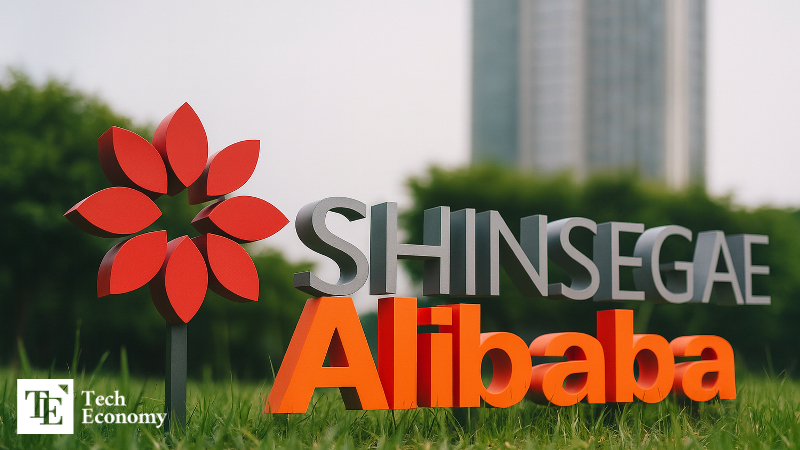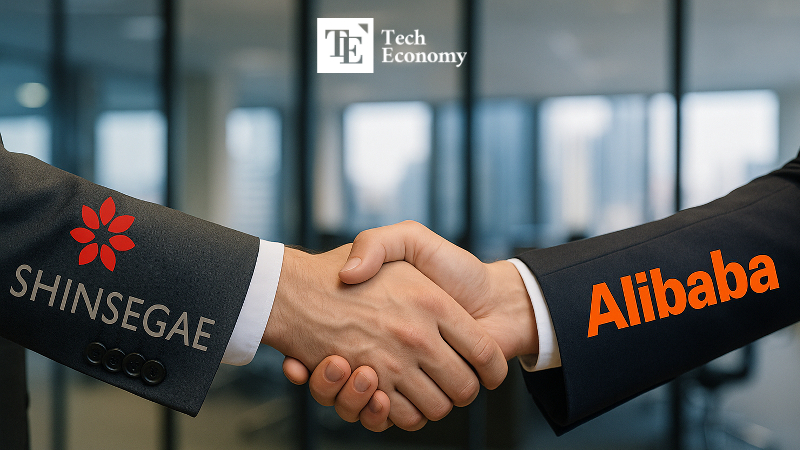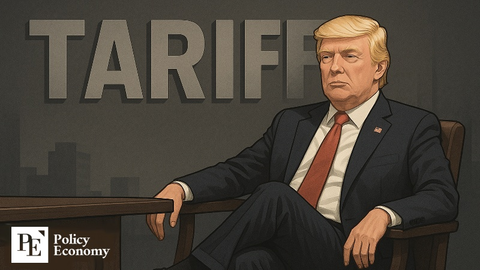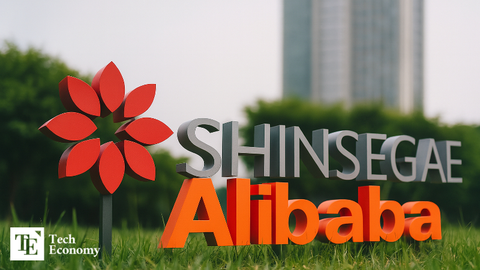Shinsegae–Alibaba Joint Venture Nears Approval, But Questions Remain Over Synergy
Input
Changed
Shinsegae–Alibaba Joint Venture Nears Regulatory Approval Review Delayed Over Market Definition: Open Marketplace or Cross-Border E-Commerce? New Venture Finally at the Starting Line, But Synergy Remains in Doubt

Regulatory review of the joint venture between Korea’s Shinsegae Group and China’s Alibaba Group, which began earlier this year, is reportedly nearing completion. The process had been delayed for eight months over disputes about market definition but now appears to be entering its final stage. Still, industry observers caution that even if the venture is approved and launched, it may not bring significant changes to the e-commerce sector.
Shinsegae–Alibaba Joint Venture Plan
According to political sources on the 4th, Korea’s Fair Trade Commission (FTC) is in the final stages of preparing a plenary session this month to deliberate on the proposed joint venture between Shinsegae and Alibaba. On January 24, Apollo Korea (operator of Gmarket and part of the Shinsegae Group) filed for approval to acquire a 50% stake in Grand Opus Holding, an Alibaba affiliate. If approved, the new entity jointly controlled by Shinsegae and Alibaba would hold 100% stakes in both Gmarket and AliExpress Korea.
The prolonged eight-month delay in review stemmed from the issue of “market definition.” The competitive risk varies depending on how the joint venture is categorized. If classified as an open marketplace operator, it is unlikely to raise antitrust concerns. In Korea’s open marketplace sector, Coupang remains overwhelmingly dominant, while AliExpress ranks only third in monthly active users (MAU).
Data from WiseApp Retail shows that as of April, Coupang had 33.39 million users, far ahead of rivals. Next were 11st (8.93 million), AliExpress (8.8 million), Temu (8.47 million), and Gmarket (7.05 million). Even combined, AliExpress and Gmarket reach only about half of Coupang’s user base—making it difficult to view Grand Opus Holding as a monopoly player with more than 50% market share in the open marketplace category.
Monopoly Concerns if Classified as Cross-Border E-Commerce
The risk lies in Grand Opus Holding being defined primarily as a cross-border e-commerce operator, which could raise antitrust concerns. Outside of Amazon and AliExpress, other players in Korea’s cross-border market hold only marginal shares: Qoo10 and its affiliates account for 7.72%, Interpark Commerce 0.46%, and Wemakeprice 0.38%. By contrast, AliExpress is estimated to command more than 50% of the market.
The FTC may also decide to classify the joint venture as straddling both the open marketplace and cross-border segments. In that case, regulators would weigh the risk of reduced competition against efficiency gains, likely leading to conditional approval that requires remedies such as partial divestitures or adjustments to pricing and transaction terms. A similar dual-market definition was applied in July 2023 during the merger review of Qoo10’s Interpark Commerce acquisition and Wemakeprice.
Market observers believe the FTC is likely to impose corrective conditions on Shinsegae and Alibaba. Because the case involves a partnership between a domestic company and a Chinese commerce giant, analysts say safeguards will be necessary to ensure the venture is regulated on equal footing with Korean competitors. As one industry insider noted, “Government access to information on foreign firms is limited. Without advance measures, questions of fairness could arise in monitoring and oversight.”

Synergy Remains to Be Seen
Shinsegae expects Gmarket to gain a competitive edge once regulatory review concludes and the joint venture is launched. By leveraging Alibaba’s global big data, the company aims to diversify product planning and strengthen price competitiveness. Yet industry insiders remain skeptical about whether the two firms can generate meaningful synergies. Because their core customer bases and product categories differ, they argue, attracting new users after the launch will not be easy.
One industry source noted, “AliExpress has more users than most domestic e-commerce platforms, but its gross merchandise value (GMV) remains low because it sells mostly ultra-low-priced items. Meanwhile, Gmarket retains a strong base of customers who avoid Chinese e-commerce platforms due to privacy and refund concerns. If the perception takes hold that Gmarket is effectively co-managed with AliExpress, those users could leave.” The source added: “If the platforms remain independently operated rather than fully integrated, there’s no clear reason for rival customers to switch over. Both firms are still running at a loss.”
Some observers even speculate that Shinsegae might run the joint venture for two to three years to stabilize Gmarket’s performance before selling its stake to Alibaba. Acquired by Shinsegae in 2021 for $2.6 billion, Gmarket posted losses of around $75 million in both 2022 and 2023, and has continued to record operating deficits through the first three quarters of this year, leaving its market value diminished. Shinsegae’s focus on cost-cutting—such as workforce reductions—rather than aggressive new investments since the acquisition has fueled such predictions. However, a Shinsegae representative dismissed the speculation: “Linking the joint venture to a future sale of Gmarket is premature and not true.”






















Comment